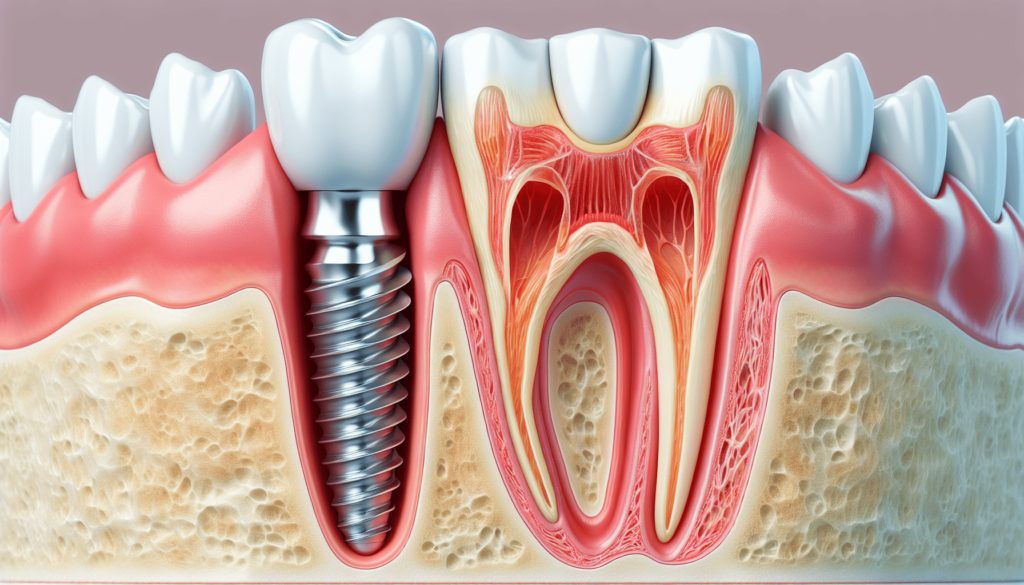Top Questions to Ask Your Implant Dentist Before Getting Started

Choosing the right dentist for your dental implants is crucial. As you consider your options, the questions you ask can guide you. Whether you’re meeting with a dentist in Farragut or elsewhere, knowing what to inquire about can ensure you make informed decisions. Implants are a significant investment in your oral health. It’s important to feel confident about the process. Understanding the expertise of your dentist, the materials used, and the expected outcomes is essential. Ideally, you want a dentist who can explain these aspects clearly. With the right questions, you can assess the dentist’s experience with implants and their approach to patient care. Additionally, it’s wise to understand the timeline and cost involved. Clear communication with your dentist can help set realistic expectations and ease any concerns. Being prepared can make the journey smoother and more predictable. In the following sections, we will explore key questions to guide your implant journey.
1. What is Your Experience with Dental Implants?
Ask about the dentist’s experience with dental implants. It’s important to know how many procedures they have done. More experience often means a higher level of expertise. You can also ask if they have specialized training. Some dentists take additional courses to hone their skills in implant dentistry.
2. What Types of Implants Do You Offer?
Different types of implants are available to suit various needs. Some common types are endosteal and subperiosteal implants. Understanding which type is best for you can make a big difference. Ask your dentist to explain the pros and cons of each type. This will help you make an informed decision.
| Type of Implant | Description | Ideal For |
|---|---|---|
| Endosteal | Placed in the jawbone, usually in the shape of screws | Patients with healthy jawbone |
| Subperiosteal | Placed under the gum but above the jawbone | Patients with insufficient jawbone |
3. What is the Success Rate?
Success rates for dental implants are generally high. However, they can vary based on factors like the dentist’s expertise and your oral health. Ask your dentist about their success rate. According to the National Institute of Dental and Craniofacial Research, implants have a reported success rate of up to 95%. Knowing this can give you peace of mind.
4. What are the Potential Risks?
Every medical procedure carries some risk. Implants are no exception. Common risks include infection, nerve damage, and sinus problems. Your dentist should explain these risks in detail. Knowing what could go wrong helps you weigh the benefits and risks effectively.

5. What Does the Procedure Involve?
Understanding the steps involved in getting implants is important. Typically, the process involves several stages. These can include the initial consultation, the surgical procedure, and the healing period. Your dentist should explain how each step works. This helps in preparing mentally and physically for the journey ahead.
6. How Long is the Recovery Time?
Recovery time can vary from one person to another. It often depends on factors like your health and the type of implant. Generally, it takes a few months for the implant to fully integrate with the bone. Discussing this with your dentist can help you plan accordingly.
7. What are the Costs Involved?
The cost of dental implants can be significant. Ask for a detailed breakdown of the expenses. This should include the cost of the implant, surgery, and any additional treatments. Understanding the financial aspects can prevent unexpected expenses later on. The American Dental Association provides useful information on factors affecting implant costs.
8. Are There Financing Options?
Implants can be expensive, but many dentists offer financing plans. Inquire if your dentist provides payment plans or works with financing companies. This can make the procedure more affordable for you.
9. How Do You Handle Complications?
Ask about the dentist’s approach to handling complications. A competent dentist should have a plan in place for any issues that arise. Knowing this can provide an added layer of confidence in your choice.
10. What is the Aftercare Process?
Post-procedure care is critical for the success of your implants. Your dentist should provide a comprehensive aftercare plan. This may include regular check-ups and specific care instructions. Understanding the aftercare process will help you maintain your implants in the long run.
Asking these questions can lead to a successful dental implant experience. It can also strengthen the relationship and trust between you and your dentist. Being informed and prepared is the first step toward a healthy, confident smile.






